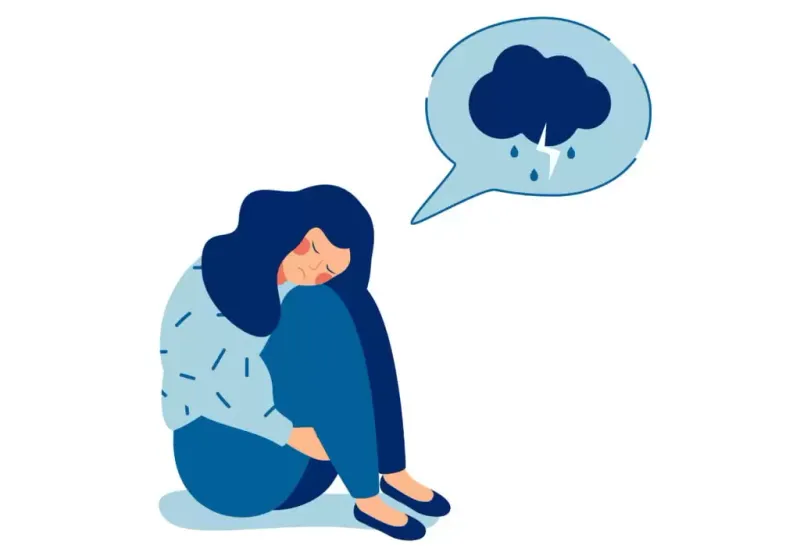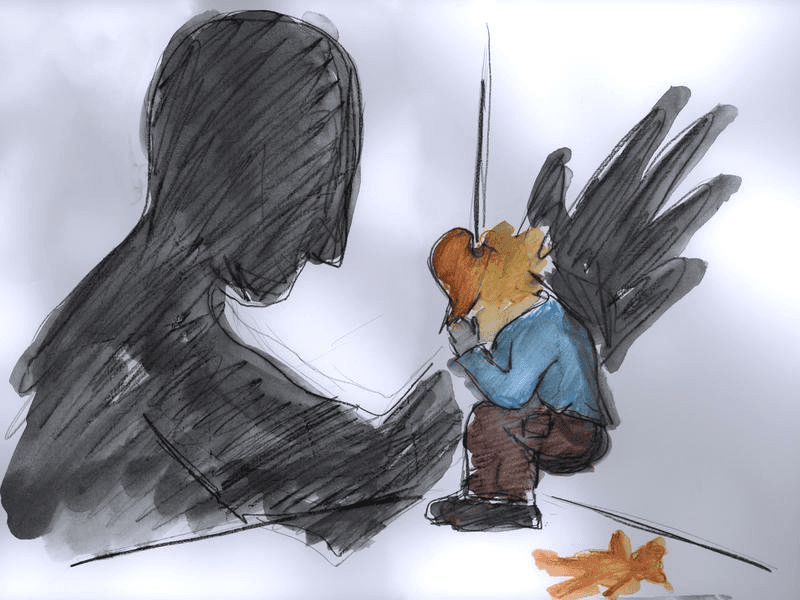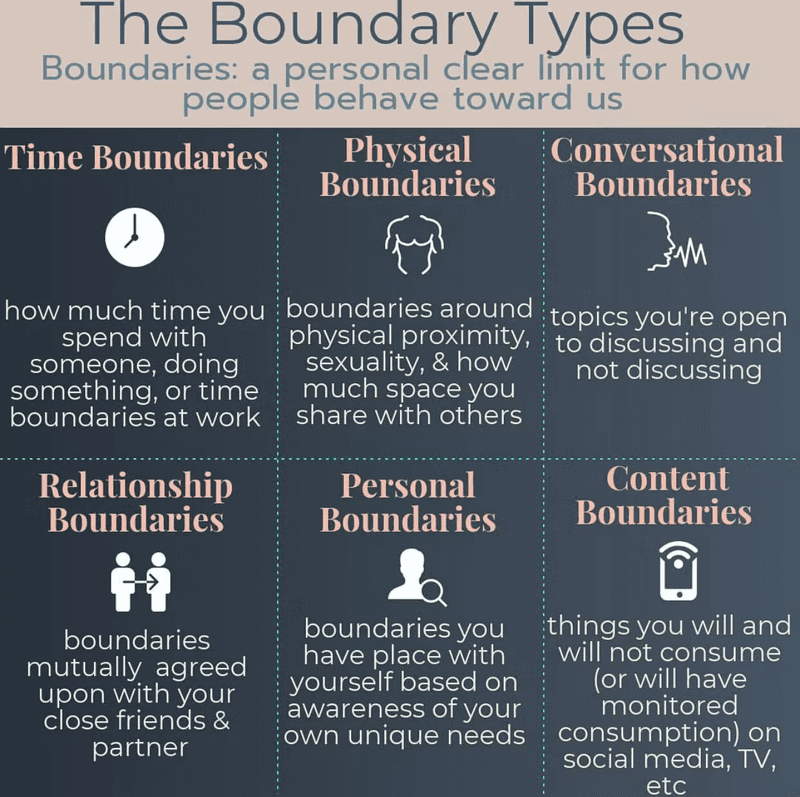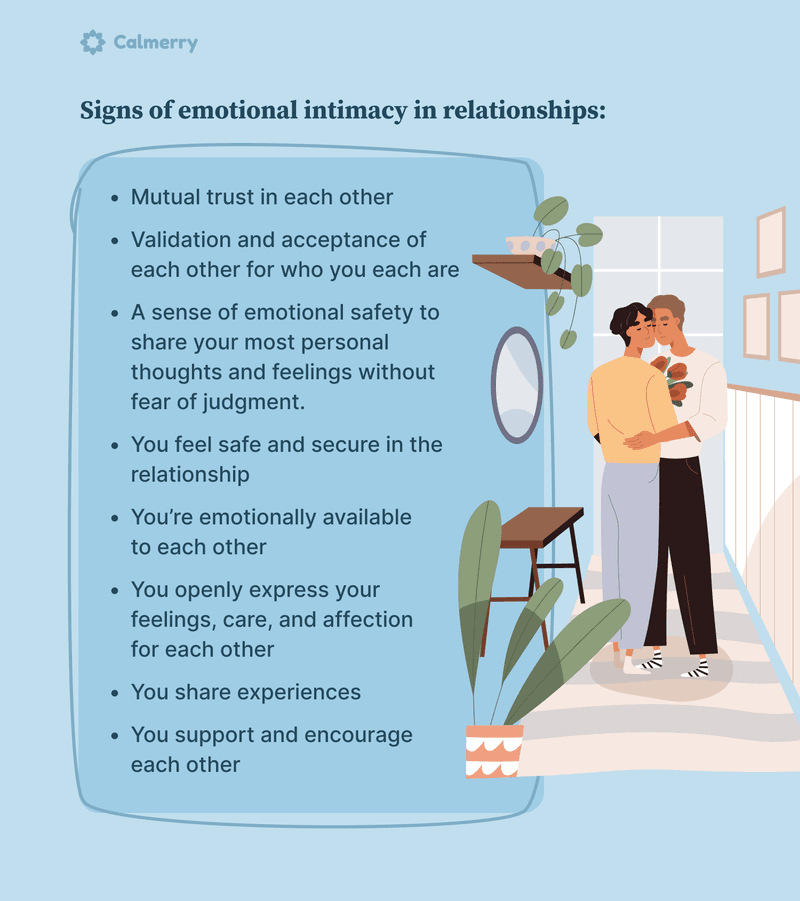Emotional neglect during childhood can manifest in subtle yet impactful ways throughout adulthood. Those who have experienced such neglect often carry invisible scars that influence their behavior, relationships, and self-perception. Understanding these signs can provide clarity and paths to healing, fostering greater empathy and self-awareness.
1. Difficulty Expressing Feelings

Struggling to articulate feelings can be a significant sign of emotional neglect. Imagine trying to paint a picture without knowing the colors; that’s how it feels for some.
Growing up in an environment where emotions were undervalued can lead to an adult life of emotional ambiguity. It’s not that emotions are absent, but conveying them becomes a complex puzzle.
This can result in misunderstandings in personal relationships, where partners or friends might misinterpret the silence. Over time, this emotional gap can create feelings of loneliness and frustration.
2. Low Self-Esteem

Low self-esteem is often rooted in emotional neglect. When validation is absent, self-worth may dwindle.
Imagine a plant struggling to grow in the shade, never quite reaching its full potential. This metaphor captures the essence of a neglected child growing into an adult burdened with self-doubt.
Interactions with others may be cautious, as fear of judgment looms large. They may shy away from opportunities, believing they aren’t deserving or capable. Acknowledging these feelings is the first step towards fostering a healthier self-image and nurturing self-compassion.
3. Fear of Abandonment

The fear of abandonment often haunts those who felt emotionally neglected as children. Picture the anxiety of waiting for a call that never comes — a perpetual sense of impending loss.
For such individuals, relationships can be fraught with worry. They may cling tightly to partners or friends, fearing the inevitable rejection. This behavior can strain relationships, as the constant need for reassurance may exhaust both parties.
Learning to trust both themselves and others is key in breaking this cycle, opening doors to more stable and fulfilling connections.
4. Difficulty in Trusting Others

Trust doesn’t come easily to those who were emotionally neglected. It’s like expecting to find a stepping stone on a pathless journey.
Experiences of unfulfilled emotional needs can create skepticism towards others’ intentions. This may lead to difficulty in forming close connections, as doubt often overshadows interactions.
They may build walls around themselves, preferring solitude over vulnerability. However, dismantling these barriers, even gradually, can pave the way for meaningful relationships built on mutual trust and understanding.
5. Emotional Numbness

Emotional numbness can be likened to living in a world devoid of color. It’s an adaptation to cope with unmet needs.
For those who have grown up feeling neglected, emotions might seem distant or suppressed. This detachment can lead to challenges in personal and professional life, where emotional engagement is often essential.
Recognizing this numbness is crucial. It can be a turning point, prompting individuals to seek experiences that reignite their emotional awareness and lead to a more vibrant existence.
6. People-Pleasing Tendencies

People-pleasing can emerge from a need for validation, often absent in childhood. Picture a performer constantly seeking applause, never quite satisfied.
Those who felt emotionally neglected might believe that pleasing others is the only path to acceptance. This behavior can become exhausting and unsustainable, as personal needs are often sidelined.
Identifying and prioritizing their own needs over others’ expectations can be liberating. It allows for the cultivation of genuine relationships, where they are valued for who they are, not merely what they can do for others.
7. Struggle with Boundaries

Setting boundaries can be challenging for those who grew up emotionally neglected. It’s akin to navigating a maze without a map.
In their formative years, personal space and autonomy might have been overlooked, leading to unclear personal boundaries. This can result in overcommitting or allowing others to overstep.
Learning to establish and maintain boundaries is crucial. It fosters respect and balance in relationships, empowering individuals to protect their own well-being while still being empathetic towards others.
8. Chronic Guilt

Chronic guilt often follows those who endured emotional neglect. It’s like carrying a weight that doesn’t belong to you.
These individuals might feel responsible for others’ feelings, believing they must constantly make amends. This pervasive sense of guilt can hinder personal growth and happiness.
Addressing the root of this guilt and learning to distinguish between responsibility and over-accountability can be transformative. It allows for a release from self-imposed burdens, enabling a freer, more contented life.
9. Overachievement

Overachievement can be a response to the void left by emotional neglect. Picture an athlete running a race with no finish line.
Driven by a need for external validation, those affected may push themselves relentlessly. Success becomes synonymous with worth, yet the satisfaction is fleeting.
Recognizing that worth is inherent and not tied to accomplishments can alleviate this pressure. It opens up opportunities to pursue passions and interests out of genuine desire rather than a need to prove oneself.
10. Fear of Intimacy

Fear of intimacy often lurks beneath the surface for those who felt emotionally neglected. Imagine attempting to embrace a shadow – a task both elusive and daunting.
Such individuals may shy away from deep connections, fearing vulnerability and exposure. Relationships might remain superficial, as the fear of rejection looms large.
Acknowledging this fear and gradually opening up to trusted individuals can help nurture deeper, more rewarding connections, where emotional risks are met with understanding and acceptance.
11. Independence as a Defense Mechanism

Independence can be a double-edged sword for those who grew up feeling neglected. Visualize a lone wolf, thriving but isolated.
While self-reliance is admirable, it can also be a shield against potential emotional pain. This independence might prevent meaningful bonds from forming, as reliance on others is perceived as a weakness.
Understanding that interdependence doesn’t diminish personal strength can be enlightening. It encourages embracing connections while maintaining individuality, creating a healthier balance between solitude and companionship.

